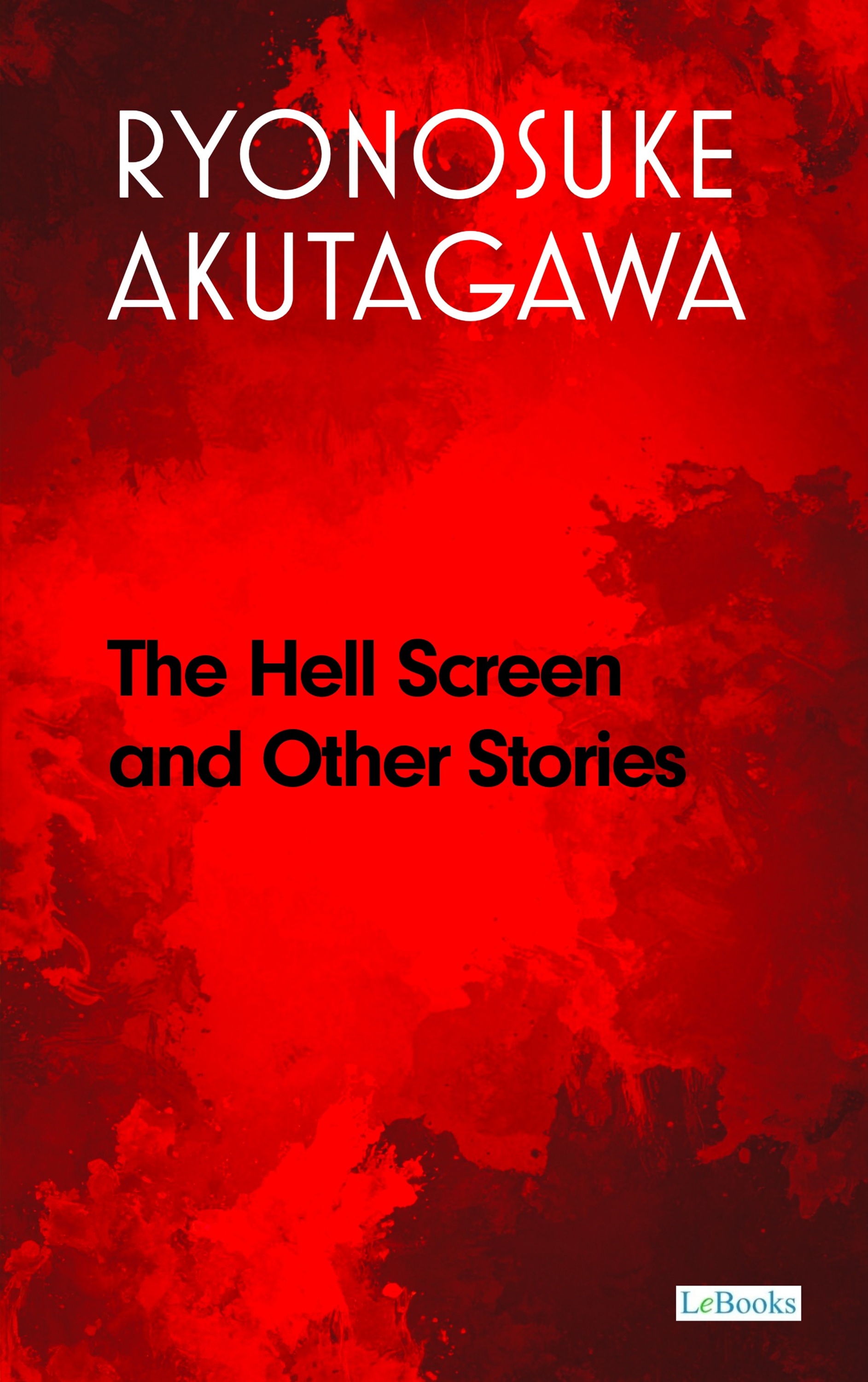
The Hell Screen and Other Stories is a compelling collection that delves into the darker recesses of human nature, moral ambiguity, and the fragile boundary between art and cruelty. Ryunosuke Akutagawa masterfully blends historical settings, psychological insight, and symbolic imagery to explore the destructive potential of obsession, the corrosive effects of vanity, and the inescapable presence of suffering. In tales such as The Hell Screen, Rashōmon, and The Nose, Akutagawa examines the motivations that drive individuals to betray, deceive, or destroy, often revealing that the most harrowing conflicts occur within the human mind.
Since its publication, the collection has been praised for its precise prose, layered narratives, and its ability to merge traditional Japanese storytelling with modernist sensibilities. Akutagawa's works engage with universal themes such as the tension between truth and perception, the cost of artistic creation, and the moral compromises made in pursuit of power or recognition. His characters—whether artists, servants, or nobles—confront moments of extreme moral testing, where the choices they make illuminate the complexities of the human condition.
The collection's enduring impact lies in its unflinching portrayal of the shadows that accompany ambition, desire, and human frailty. By juxtaposing moments of beauty with acts of cruelty, and by challenging the reliability of perception and narrative, The Hell Screen and Other Stories invites readers to confront uncomfortable truths about the self and society. In doing so, Akutagawa not only cements his legacy as a pioneer of modern Japanese literature but also offers timeless meditations on the intertwined nature of morality, art, and the human spirit.